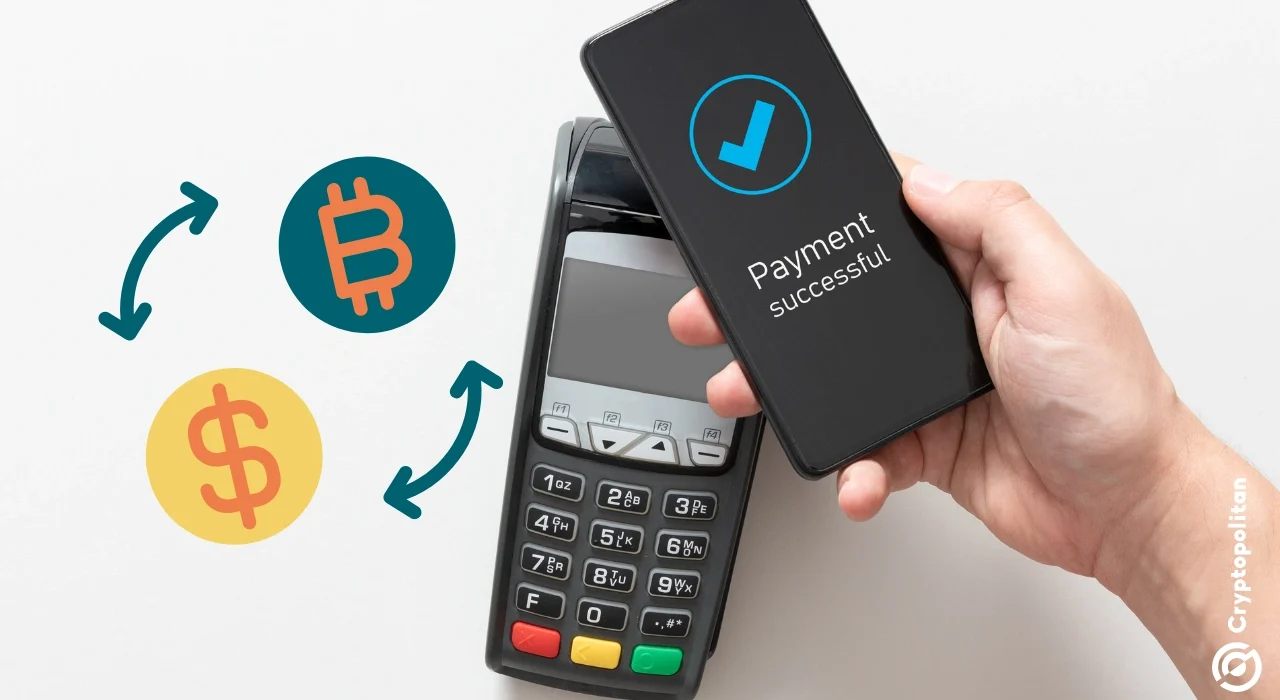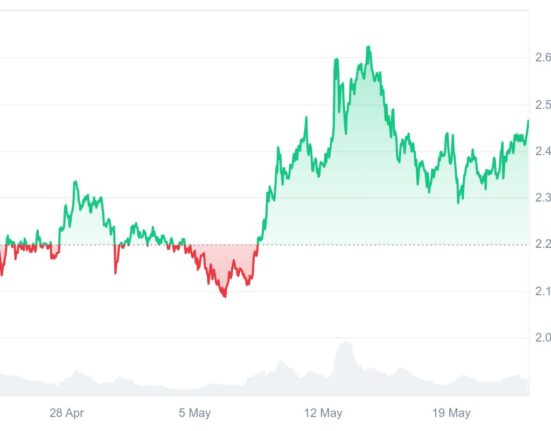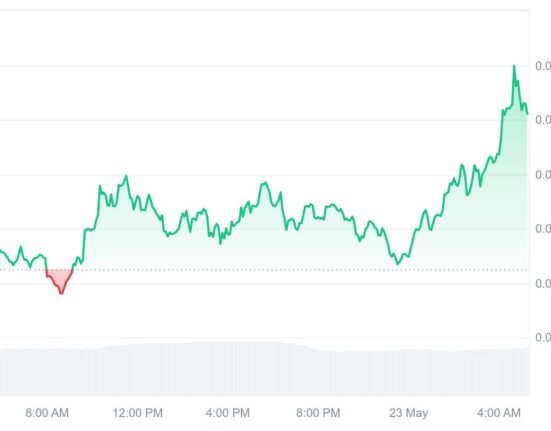Mesh, a global cryptocurrency payments network, unveiled an Apple Pay integration with a public demonstration during the Token2049 conference on May 1.
The product allows merchants who partner with Mesh to accept payments in the form of cryptocurrency via the Apple Pay digital wallet. Customers can execute payments using leading crypto assets such as Bitcoin, Ethereum, or Solana, with the transactions settled using stablecoins including USDC, USDT, and PYUSD.
“We believe that as soon as crypto payments are as seamless as fiat payments, nothing is left to stop the mass migration of global commerce onto blockchain rails,” said Bam Azizi, CEO and co-founder.
The integration supports crypto payments online and at point-of-sale terminals. The product is expected to go live before Q3 2025.
Mesh attracts backing from crypto heavyweights
Mesh is emerging as a contender within the crypto payments sector, with the company closing an $82 million series B funding round featuring backing from several leading Web3 investment firms on March 11.
The round was led by Paradigm, and also featured participation from Consensys, QuantumLight, and Yolo Investments. Mesh has now raised more than $120 million in total, with PayPal Ventures, Galaxy Ventures, and MoneyForward previously backing the company.
Most of the funds raised through the series B round came in the form of PayPal’s PYUSD stablecoin.
On March 26, Mesh launched a crypto payments app on the Shopify App Store, allowing Shopify merchants to accept digital asset payments settled using stablecoins.
Mesh is currently available to 400 million users in more than 100 countries owing to partnerships with Coinbase, MetaMask, and Revolut.
“Stablecoins present the single biggest opportunity to disrupt the payments industry since the invention of credit and debit cards,” Azizi said.
According to DeFi llama, the market cap of stablecoins is at an all-time high of $242 billion after growing 2.31% over the seven days.
Cryptopolitan Academy: Want to grow your money in 2025? Learn how to do it with DeFi in our upcoming webclass. Save Your Spot








